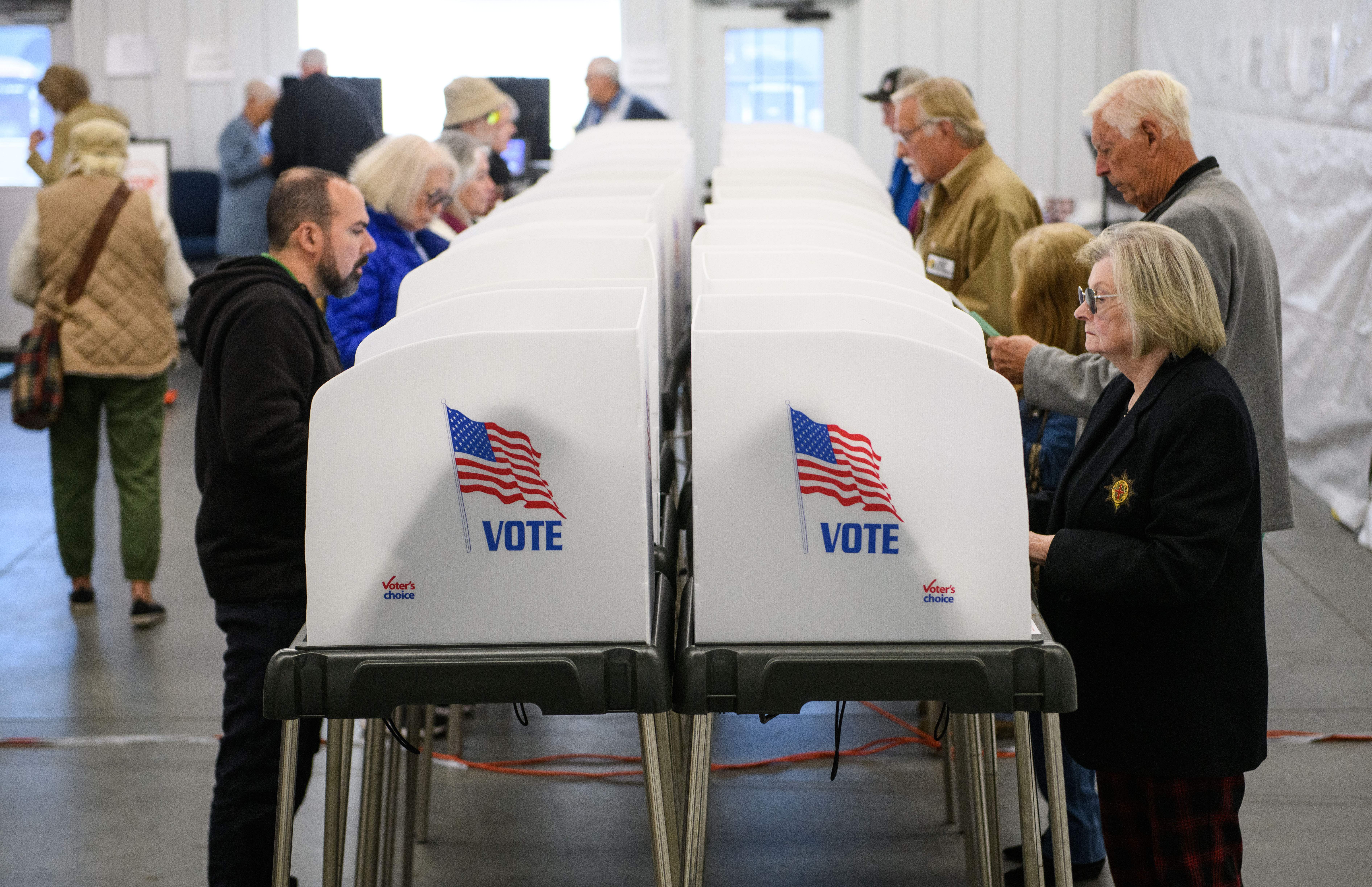If election season is affecting your mental health, you’re not alone.
“There are so many voters who are anxious, fearful about the results, and they suffer what we call election stress disorder, which is essentially feeling anxiety, uncertainty, out of control, worried about the future,” said Dr. Christina Lee, a psychiatrist at Kaiser Permanente.
Lee shared tips with News4 and Telemundo 44 on how to manage election anxiety.
“To alleviate post-election anxiety, the important thing to do is to implement strategies that we know reduce stress overall,” she said.
- “Make sure that you're limiting your news intake. Set specific times to actually check the news. Don't have constant updates flowing”
- “Take a break and a breather and do things that you like. So, whether that's a hobby or a creative pursuit, it just helps provide that mental break that you may need to really help manage your stress levels”
- “Make sure you're getting enough physical activity. So, regular exercise is a powerful way. It can release endorphins that can help reduce tension and help manage your stress.”
How can we help children and teens cope with election anxiety?
As a parent, try to “create a supportive environment where children can feel safe expressing their concerns,” Lee said.
- Look for any change in behavior, such as in eating or sleeping.
- Encourage open conversations with open-ended questions so kids will share their thoughts and feelings.
How can we deal with family members and friends with different political views?
Navigating gatherings with family and friends during election season can be tricky. Lee advised trying to keep the focus on your connection to each other, rather than on what is contentious between you.
- Set boundaries in advance, she said. “Let your family know politely right before a gathering that you'd prefer to keep politics off the table.”
- If the conversation does move to politics, redirect it to something you have in common.
- “Focus on gratitude and shared values. Try to find common ground with the people that you're hanging out with. Really emphasize what you appreciate about the other person.”



